Grow Therapy's Amy McWilliams on Tips for Mental Health
Part of living your best, most healthy life is having a healthy outlook on life itself. Sometimes, with the increased pace and demands that we’re all facing, daily stressors can build and cause us to feel out of sorts, overwhelmed and even despondent. I recently interviewed a therapist with GROW THERAPY, which its a network created in order to bridge the gap between therapists and the public with the goal to help one find therapists more easily, quickly and affordably (also with health insurance).
It seems that so many therapists have been inundated since the pandemic, with anxiety and stress having increased, that it’s been difficult to actually find and get an appointment. Thus Grow Therapy was founded by Jake to allow those who seek counseling the chance to find a therapist more easily, and one that accepts most types of insurance. Grow Therapy empowers independent therapists to launch and grow thriving in-network private practices by enabling them to tap into large scale credentialing, referrals,
administrative and community support enabled by our passionate team/products. When therapists no longer have the hassle of mundane admin tasks like billing and insurance
claims or the limitations of out-of-pocket-only payment options, they can provide care to the communities who need it most!
I spoke with one of the therapists Amy McWilliams, LCSW C-ASWCM, who provided a few tips to help those who need a bit more fine-tuning on how to combat stresses, as the path along our mind•body•spirit journey always meanders and sometimes needs a pit stop of retooling and refueling.
Amy discussed how she has made a career helping people find their best selves, and one of her specialties is helping perfectionists and overachievers find more peace and self-compassion. She understands that these driving forces to succeed can also cause pain and suffering if not managed internally. She’s been able to help others find peace, self-love and mindfulness.

Some of the tips that Amy shared with me that I’me excited to pass along include the following:
Grounding:
She encourages her clientele to take off your shoes and stand on the grass, walk barefoot and really connect with the earth beneath you. When people are feeling overwhelmed and on an inner rollercoaster, connecting to the solid earth and really feeling it beneath your toes can start to bring you back to center. Our nervous system needs a jolt with a new sensory experience to send the signal to the brain to say, "wait a minute … we’re doing something different here.” She encourages this as a way to bring yourself back to the present moment
She encourages her clientele to take off your shoes and stand on the grass, walk barefoot and really connect with the earth beneath you. When people are feeling overwhelmed and on an inner rollercoaster, connecting to the solid earth and really feeling it beneath your toes can start to bring you back to center. Our nervous system needs a jolt with a new sensory experience to send the signal to the brain to say, "wait a minute … we’re doing something different here.” She encourages this as a way to bring yourself back to the present moment and reduce the stress levels.

Mindfulness:
Being mindful of the present moment, such as walking on the grass mentioned above, connects you back to where you are, re-centering you and resetting your system. Paying close, mindful attention to the sensations in the body helps. For example, really being mindful and feeling the grass is a key.
Being a part of the natural environment, and hopefully taking in and absorbing the sights and sounds of nature as you do so, can refocus you to being in the present. Without our mind running amuck and spinning on the to-do’s and your problems, the nervous system can recalibrate, calm and you can self-soothe.

Movement:
She encourages not only walking in the grass, but actually taking a longer walk without tuning out to a podcast or music and rather listening to the world around you. Different forms of movement is important as well. In fact, some studies in EMDR by neurologists say that walking as well as then moving the head side to side, sends brain signals to relax as well. Being able to really acknowledge the space around us is important as it can help you disconnect from the anxiety you’re feeling. Anxiety creates a stressful world inside our heads and thus need to get back into reality. Being engaged in movement, and especially in nature, is a great way to do that.
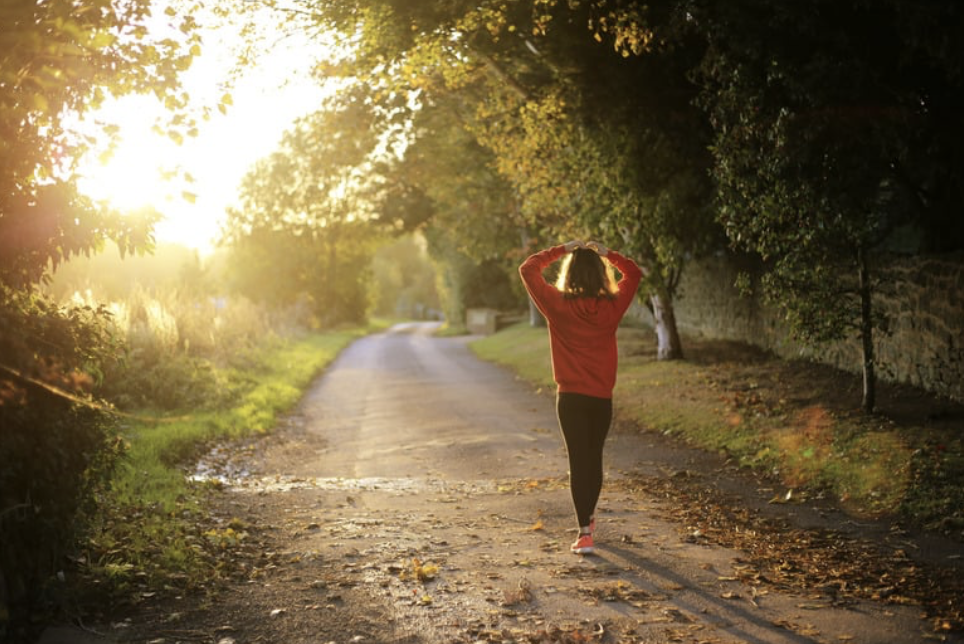
Working from home:
So many people are now working from home, which has created a whole new layer of stress as it’s so difficult to reconnect from your work. Amy says when you leave a physical space such as your office, and you are just about to step into threshold of home such as your kitchen or a living space, she tells people to stop before you do. Then take a deep breath and give your nervous system a chance to transition to something more peaceful and calm. This will give yourself a moment to breathe into the fact that it’s now your own time – "my time” – and allow a separation from your work.
She adds how so many people are so burnt out, and too often not taking these breaks and never allowing a true separation from their hectic work lives and their personal time.
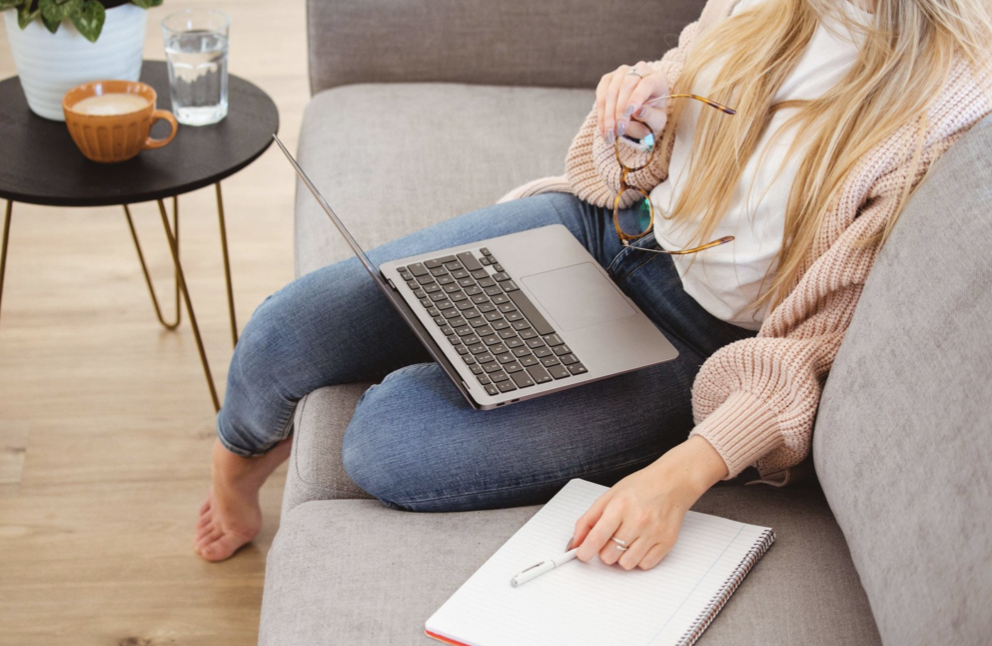
Phone Distractions:
With the fast-pace demands that have increased coupled with our abilities to check our emails on our phones, we are left with little escape from work to-do’s and demands. This makes it feel that all of these things are priorities that must be dealt with at once.
Amy suggests to take the notifications off of your phone as each notification constantly triggers your mind to get back into the work mode. Listening to those notifications creates an uphilll battle that sends nonstop signals to your brain, constantly engaging it to think about what is needed of you versus allowing any chance of being in the present moment. This can lead down a slippery slope with your relationships as well, because you are not present for those around you – or yourself. Thus you never have any chance to disengage and self-regulate your nervous system.
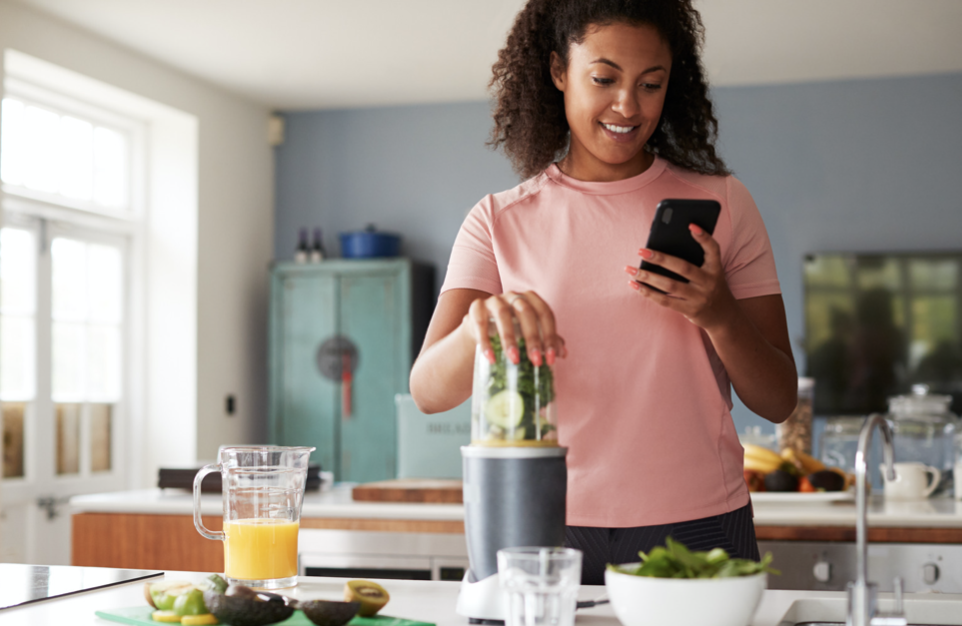
Self-compassion:
We are often our own worst enemy, so Amy often will help others unpack this to realize the ‘bullying’ that they are doing to themselves. She suggests that if we were to say out-loud to another person what we also are saying to ourselves internally, that the other person would be offended and probably not put up with it. So it should be with ourselves. Bullying ourselves is not an effective way to be. However, people are afraid that if they are compassionate to themselves then they won’t perform for work, but it is actually quite the opposite according to Amy. If you are compassionate to yourself, you have better productivity and output, and the added benefit is that your stress and anxiety lessens.
So, if we could become more mindful and self-compassionate to ourselves, we would get just as much done yet in a more kind and peaceful way. She reminds us that when you are more kind and compassionate towards yourself, then you are that way towards others – and what a more peaceful, kind world it would be!
For some practice on this, she suggests the TedTalk on YouTube or visiting the website of Kristen Neff, who she says is the guru who came up with the whole concept. So, really lean into this concept and even google self-compassion exercises as there are so many great ones online. Plus, you can find Balance as an app on the phone, offering quick mindfulness exercises - impassion, gratitude, great resources.
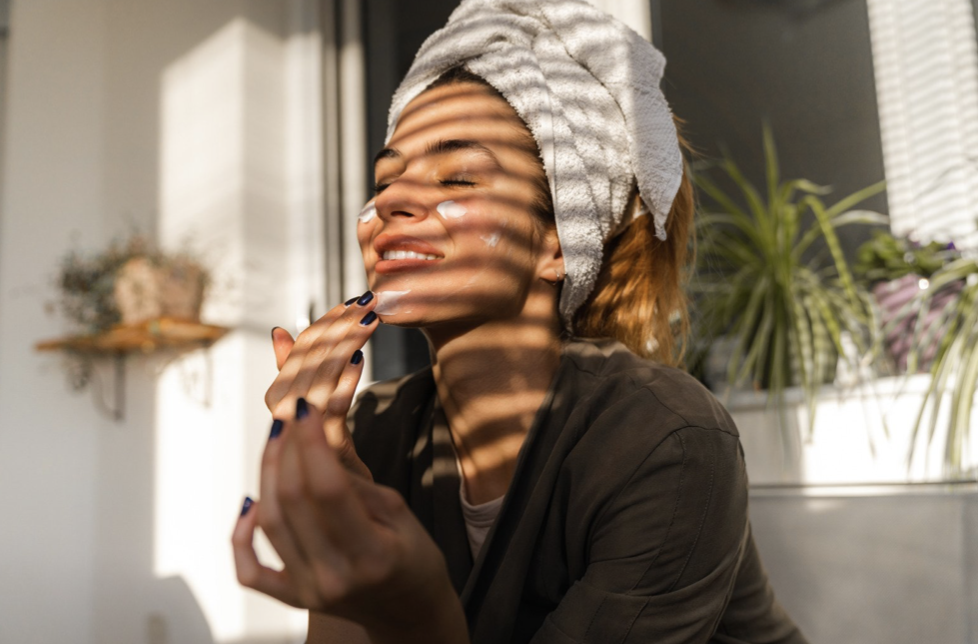
Take a wellness vacation:
The simple process of changing environment is instrumental in de-stresing. Just physically changing your environment can have a reduction for stress because our nervous system is often regulated by the sensory experience. So, if you can remove yourself from the area of stress, you can automatically have reduction in symptoms.

Tip to finding a therapist:
Amy recommends to build rapport with a therapist, at first she recommends weekly sessions, which later can turn to every other week or simply check-ins. And it is equally important to make sure there’s a connection and a good fit. You need to be comfortable and engage freely in the conversation. And, if you don’t have a good experience, try again! Don’t give up – and you can do a consultation, often free!
I hope you've enjoyed some of these tips, as I do find them helpful myself and there are a few that I'm going to start incorporating into my life today. Plus, you know I am a fan of the 'changing your environment' by taking a wellness vacation! As always, we at LiveGrounded Travel are here for you if you need any recommendations. I've researched every one on this list, so hopefully you'll find the one perfect for you! Just search by your 'wellness wishes' and pick the one that most speaks to you. I'm here if you have questions! hello@livegrounded.com
For more information about Amy McWilliams, feel free to reach her directly at amy@nya-joe.com


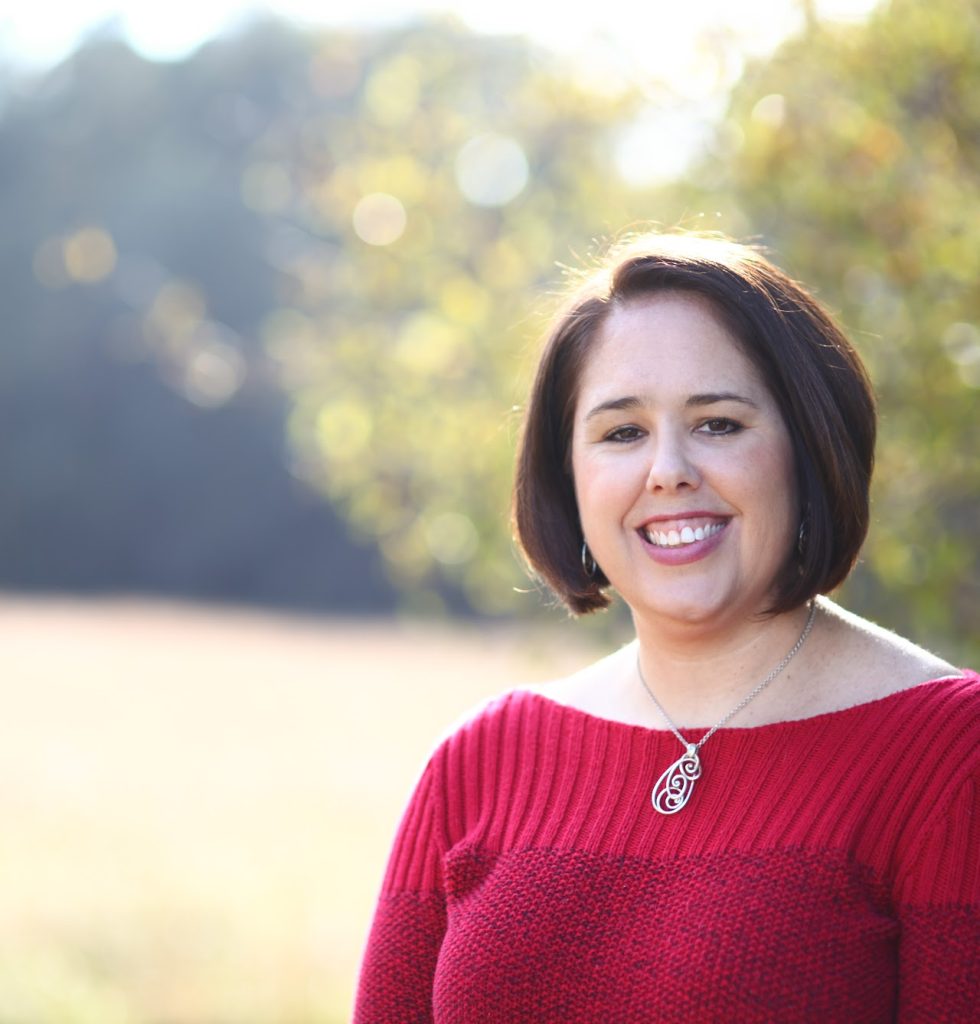


268 Comments
Add Comment